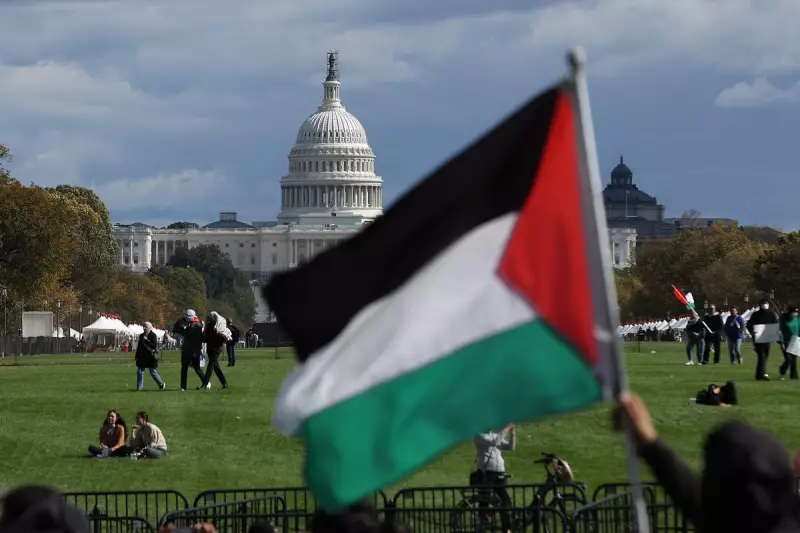
In a move that has ignited a major diplomatic row, the United States has abruptly revoked the visa of the Palestinian envoy to the United Nations. The decision, which prevents the diplomat from fulfilling his duties at the UN headquarters in New York, is widely perceived as a political tactic to exert pressure on Palestine.
The timing of the revocation is particularly significant, coming just days before the UN General Assembly is scheduled to vote on a crucial resolution. This resolution could grant Palestine enhanced rights and privileges within the world body, a step short of full membership but a powerful symbolic victory.
A Pattern of Pressure
This action is not isolated. It follows a recent US decision to refuse a visa for the President of the Palestinian Authority, Mahmoud Abbas, who was slated to address the Security Council. These consecutive moves signal a hardening US stance against Palestinian diplomatic efforts on the international stage, particularly at the UN.
The visa revocation has been met with swift condemnation from Palestinian officials and human rights organisations. They argue that it represents a blatant attempt to undermine Palestine's right to participate in international forums and to silence its voice on critical issues, including the ongoing conflict in Gaza.
The Stakes at the UN
The upcoming General Assembly vote is a pivotal moment. If passed, the resolution would bestow upon Palestine new procedural rights, such as the ability to speak on a wider range of issues, co-sponsor proposals, and be seated among member states in the assembly hall. While the US has previously vetoed Palestine's bid for full UN membership in the Security Council, it cannot block this resolution in the General Assembly, where it enjoys broad support.
Analysts suggest the US visa decision is a last-ditch effort to sway votes or demonstrate its opposition to the measure. However, it risks further alienating international allies and drawing accusations of unfairly leveraging its host-nation status for political gain.





